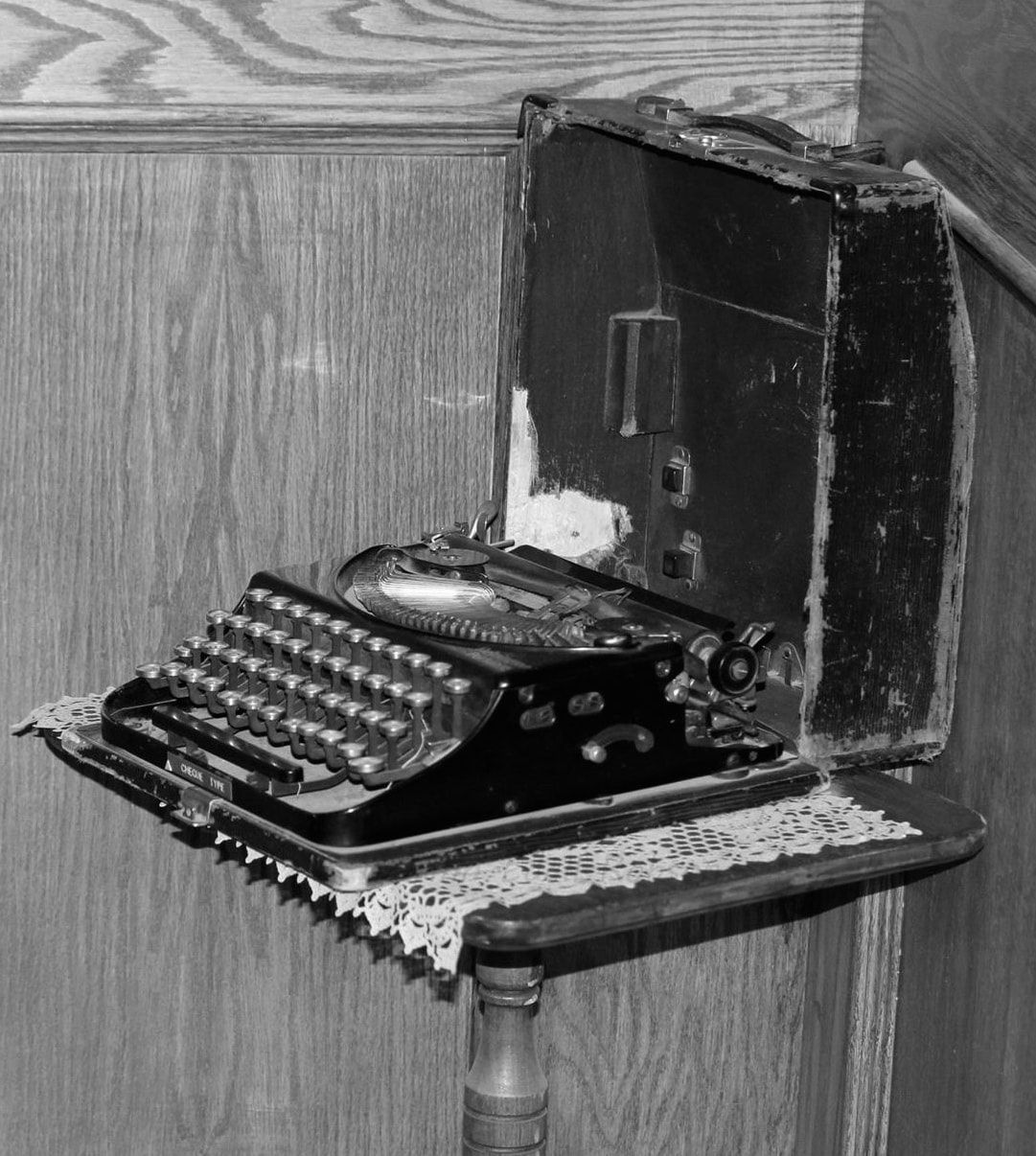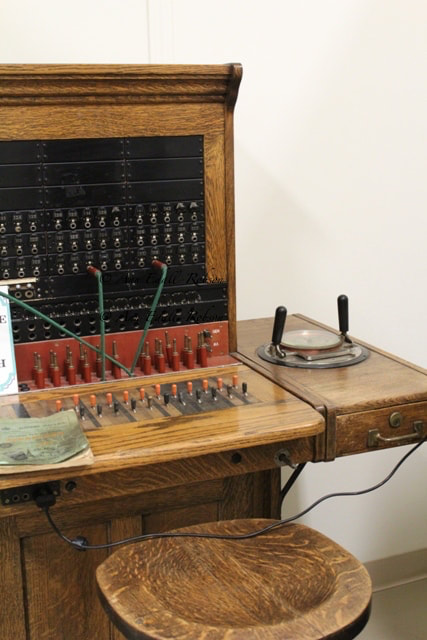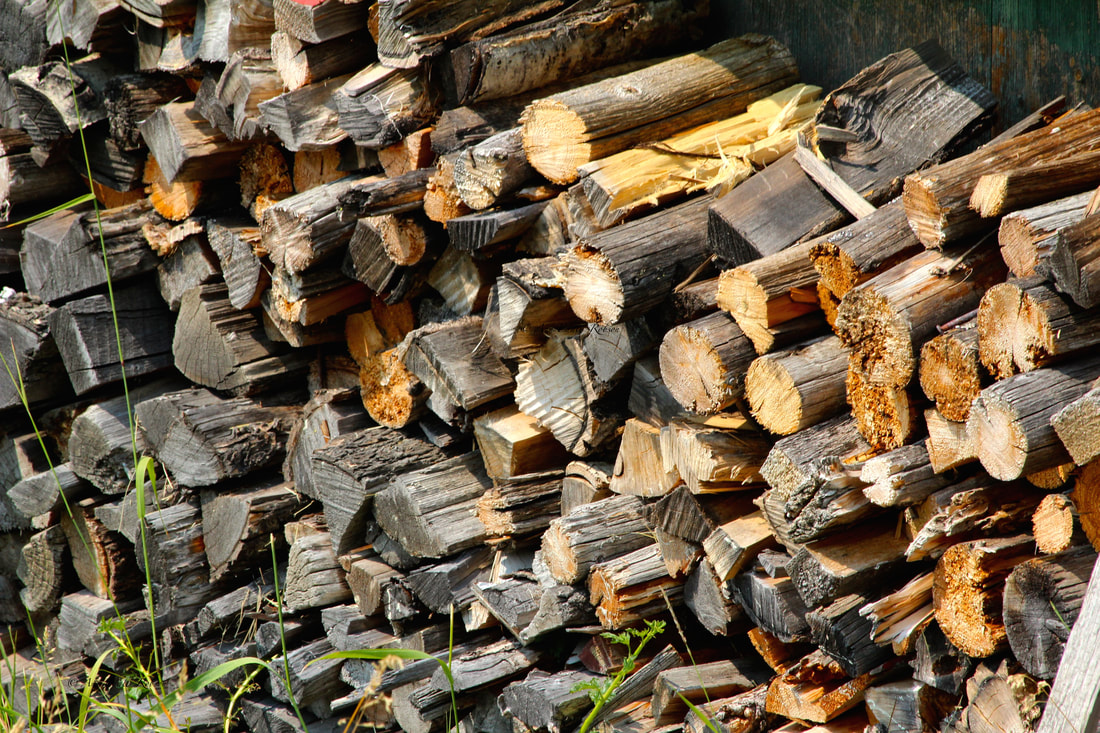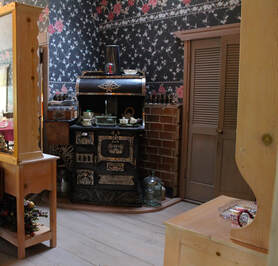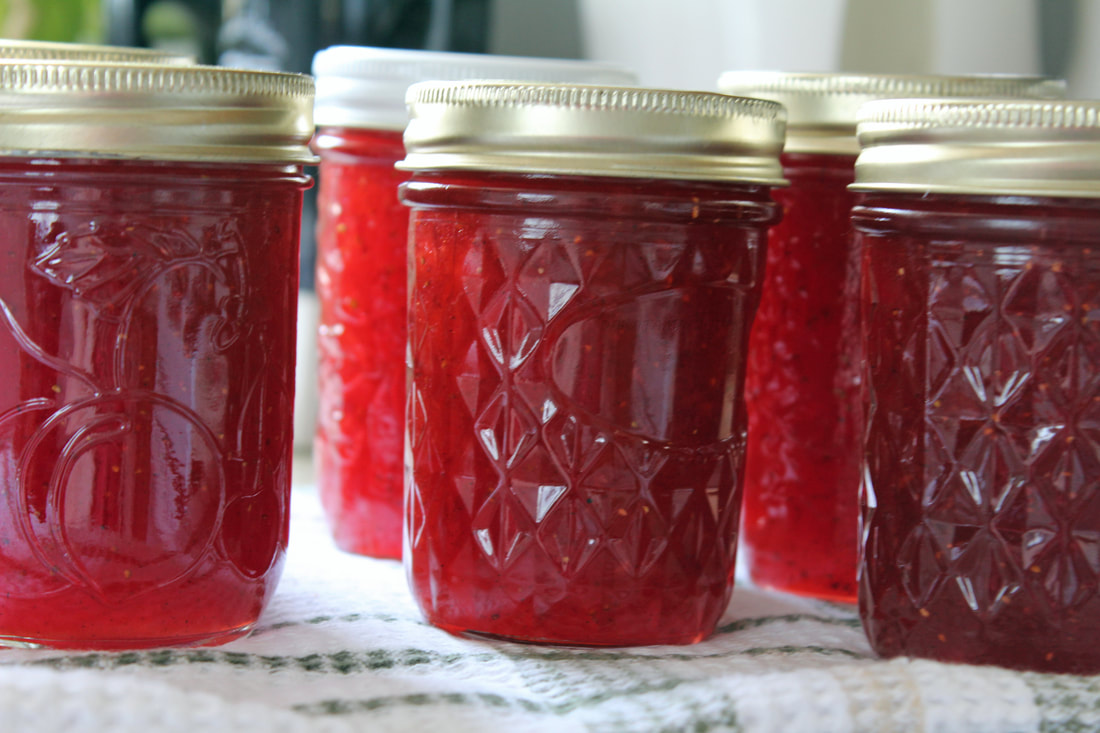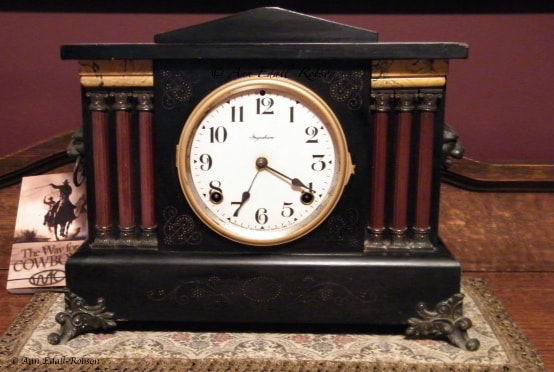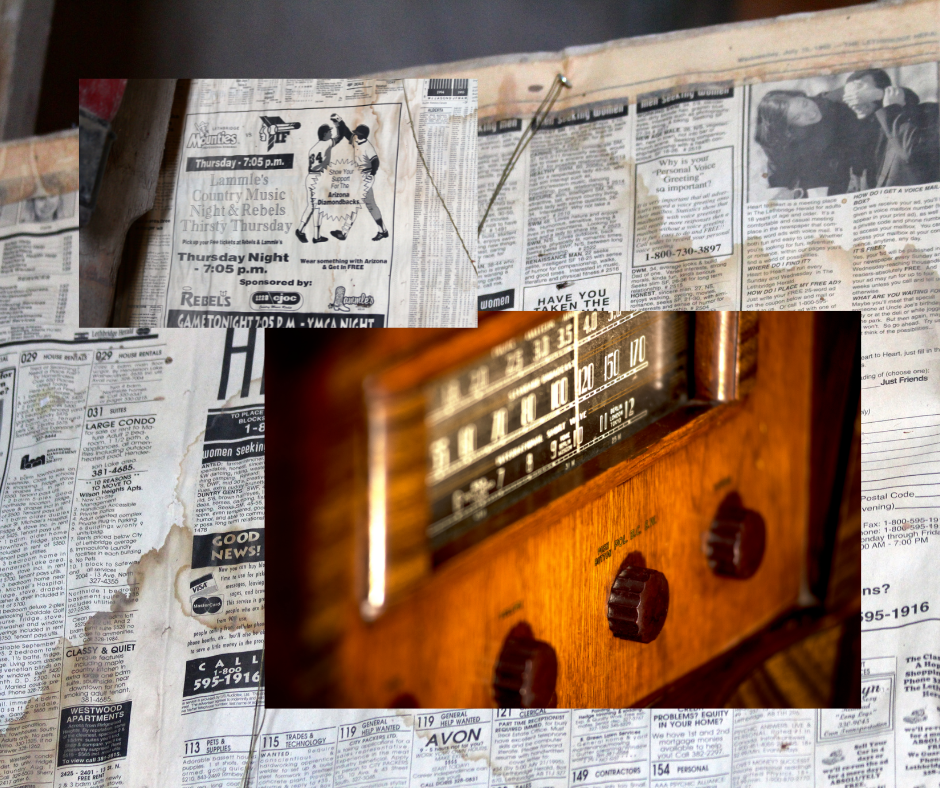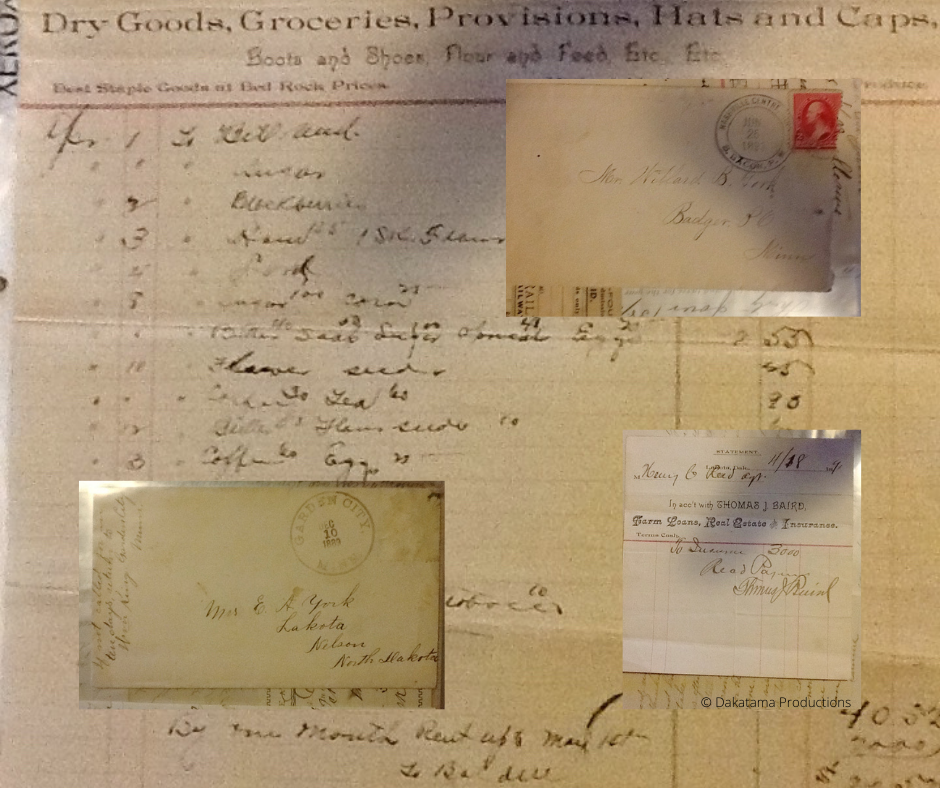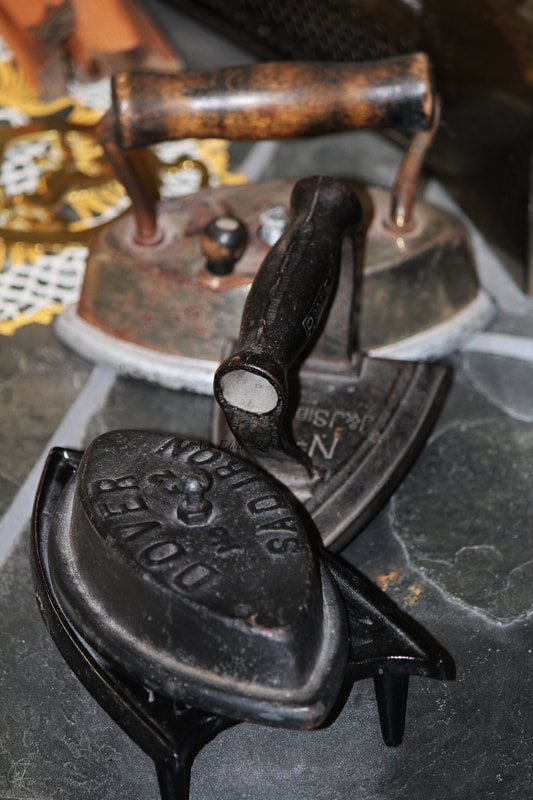Thoughts to Ponder
November 9, 2021
I live with one foot in tradition—and keep it there—while the other foot steps out to allow me to grow with modern technology.
As I have watched the explosive growth of technology in modern society, my heart still acknowledges that the old ways are not so bad. Certainly, they’re different, but there are some things about the lifestyle we need to hang onto and share with the generations coming up.
The ‘traditional’ era is when I started to embark on my life experiences. I didn’t know it then, but I was learning about consequences without being told that’s what they were, and I was testing the waters of life from a child’s perspective. Life was pretty dang good.
We played outside, even when the winter weather was below zero, and that’s Ferenheight. We made snow angels and dug caves in the snowbanks the grader had left when clearing the roads. We built fires to toast cheese sandwiches and melt snow in a can to make a hot drink.
We walked to the two room elementary school until we were old enough to take the bus to a neighbouring town to attend high school. Contrary to stories that circulated about the hardships of walking to school, it was about a half a mile and it was not up hill both ways. We did not have professional days or teachers gong to conventions to deal with. We were expected to attend every day, regardless of the weather unless you came down with measles, mumps, chicken pox, or your meals weren’t staying in your stomach. That was about the only way to get out of going to school.
We climbed trees and built forts in them. We played in the creek with bits of wood and leaves that were our boats. We played kick-the-can, hide-and-go-seek, hopscotch, and whatever else was inspired by our imagination.
Hours were spent sprawled out on our backs in the grass, conjuring up shapes in the clouds our imagination let us see. At night, that same position let us gaze at the stars, finding constellations and watching for the satellites moving in and out of our view.
Our patience was tested to the limits while we sat in the middle of a clover patch, without talking, waiting for the bees to come along so we could catch them in a jar. The challenge was to see who could catch the most bees in one jar before we let them all go and moved on to some other activity like running along the top rail of the snake fence that was part of the nearby fence line.
We were young entrepreneurs, too. We dug worms at daybreak to sell to early morning fishermen on their way to the lake. Twenty-five cents a dozen for the worms was big money to us. When it wasn’t fishing season, we supplemented our income by collecting pop and beer bottles from along the side of the road. Those dabbles into self-employment provided the funds to buy jawbreakers and Bazooka bubble gum at the general store in town.
When you hear someone telling a tale about knowing it was time to go home when it got dark, it really was like that. It was a good life. We improvised, we tested our parents, and mostly we had fun.
I had chores to do, but my memory tells me that wasn’t until I was older, maybe after I was ten and my first horse arrived on the scene. That would also be about the time I learned to drive. There was no better place than a hayfield to put newly learned driving skills to the test. After my first year helping to bring the hay in, I was relegated to staying home to help with the cooking because my driving skills—or lack thereof—kept shifting the load of hay. Let’s just say It didn’t take Dad long to realize that a person who is about 40 inches tall should probably not be the one responsible for driving a truck with a clutch and four-on-the-floor gear shift while looking through the steering wheel, especially when hay fields with hills are involved.
We had friends and relatives who depended on oil or gas lanterns for their lighting. Their wood stove not only provided heat to cook on, but it also heated their home and the stove’s reservoir heated water. Regardless of how hot the weather got, the wood stove was kept going to cook meals. Before bedtime, it was stoked to make sure there were hot coals in the morning to start the fire so breakfast could be made. That stove was also used for baking bread and canning preserves.
Indoor bathrooms were not all that common unless you lived in town, and even then, it wasn’t a necessity. The bathroom, a.k.a. known as outhouses, was either a one or two-seater. It was located out behind the house, usually not too far away. Nighttime visits to the bathroom were a chamber pot under the bed.
My aunt and uncle’s ranch had no water in the house but had a water pump outside the back door. When I stayed with them, I loved pumping the water, but, like driving the truck, I was not big enough when it came to carrying the filled pail into the house.
A weekly newspaper told us what was going on in the world. The local diner where people gathered when they went to town kept us informed of what was happening in our more immediate world.
Our home had some modern amenity luxuries such as electricity and running water. I don’t remember us being without indoor plumbing, but I do remember an outhouse behind the house, and at the school. I’m guessing it was what we refer to nowadays as: it’s good always to have a backup plan. We had a crank telephone, our number was Fawn 3B, and our ring was a long and three shorts. The B & W television with one channel (and definitely no remote) arrived on the scene when I was about four or five. It was never turned on during the day unless you were sick because you had too many other things to entertain you that were mostly outside. The house was heated with wood-burning stoves: one in the living area, one in the furnace or mudroom, and a small air-tight heater in the bedroom area. It was my twelfth summer when the oil furnace was installed, and the woodshed became redundant.
Back then, it was acceptable to drop in for a visit if you happen to be driving by. No pre-arranged phone call or appointment was needed. Either people were home, or they weren’t. There was always fresh baked goods to be offered along with refreshments. The men might make their way outdoors to discuss mechanics, ranching, logging, and sometimes sample a glass or two of what was fermenting in a barrel in the shop. The women would get caught up on the area’s news while the woman of the house finished up whatever chore she might have started before company had arrived. The visitor would make themselves useful in any way they could.
People helped each other without being asked. It wasn’t expected; it was just done. Births, deaths, emergencies, weddings, haying and harvest, building a new barn, garage or house, neighbours and family came from miles around to help in any way possible. You could be rest-assured that there was no lack of food when it came to these events, and it wasn’t the woman of the house doing all of the cooking. Anyone who came brought food. If the woman couldn’t make it, the man brought what she had prepared. It was called neighbouring. Unfortunately, neighbouring has become a lost art unless you live in a small or rural community.
It is my understanding some of the things I talk about are now included in the new age era of roughing it. Something referred to as Glamping. I suppose if there is a want to learn about the old ways, that is one way of introducing them. I find it humorous to listen to those who return from days of Glamping. They talk like the experience is something new to the world. I suppose I shouldn’t judge, because for many, it is.
I should probably touch on the modern technology a bit since it has become a major part of my life, especially when it comes to my writing and marketing. I have several social media platforms and enjoy using all of them. But I do not need to be plugged in, tapped in, conversing, and checking what’s going on with them all of my waking hours. I like to be unplugged. It throws my children in a tailspin because they can’t reach me when they think they should, but I am doing what suits me, taking a page out of my other time in life and reconnecting to my old ways. Of course, I embrace modern technology and will be the first to say I’m glad I don’t have to get the fire going before breaking the ice off the water bucket to make coffee first thing in the morning.
The changes to those old-time traditions can be mind-boggling at times. Some think about that era as being simpler or less stressful, but were they? Back then, everyone was expected to show up and work at whatever they were doing in life. A saying often repeated about the mindset of people in that era is, “They worked hard, they played hard, and they showed up for work the next day.”
Further education was not a given path for most teenagers. Those who drove in the family shared one vehicle. You planned when you wanted to go to the lake for a day. You planned if you were going to drive three hours to a big centre to shop.
There was only one telephone, if you had one. It was on the wall, usually in the kitchen where anyone in the house could listen to your conversation.
Communication came by way of newspapers, radios, and letters in the mail. Mail delivery might be once a week in the country. In town, it was Monday to Friday pick up at the post office.
Stores were not open 24/7/365, but the catalogue that came in the mail could be browsed until the pages were ragged. Ordering online was not an option. One would mail their order along with the payment and wait patiently until the parcel was delivered, sometimes up to a month or more.
Some doctors made house calls, but not every town had a doctor. The dentist might come to town every six months or once a year. The optometrist might come once a year.
Again, I say: some think about that time as a simpler life, less stressful, but were they?
I leave you with some pictures and thoughts to ponder from another era.
As I have watched the explosive growth of technology in modern society, my heart still acknowledges that the old ways are not so bad. Certainly, they’re different, but there are some things about the lifestyle we need to hang onto and share with the generations coming up.
The ‘traditional’ era is when I started to embark on my life experiences. I didn’t know it then, but I was learning about consequences without being told that’s what they were, and I was testing the waters of life from a child’s perspective. Life was pretty dang good.
We played outside, even when the winter weather was below zero, and that’s Ferenheight. We made snow angels and dug caves in the snowbanks the grader had left when clearing the roads. We built fires to toast cheese sandwiches and melt snow in a can to make a hot drink.
We walked to the two room elementary school until we were old enough to take the bus to a neighbouring town to attend high school. Contrary to stories that circulated about the hardships of walking to school, it was about a half a mile and it was not up hill both ways. We did not have professional days or teachers gong to conventions to deal with. We were expected to attend every day, regardless of the weather unless you came down with measles, mumps, chicken pox, or your meals weren’t staying in your stomach. That was about the only way to get out of going to school.
We climbed trees and built forts in them. We played in the creek with bits of wood and leaves that were our boats. We played kick-the-can, hide-and-go-seek, hopscotch, and whatever else was inspired by our imagination.
Hours were spent sprawled out on our backs in the grass, conjuring up shapes in the clouds our imagination let us see. At night, that same position let us gaze at the stars, finding constellations and watching for the satellites moving in and out of our view.
Our patience was tested to the limits while we sat in the middle of a clover patch, without talking, waiting for the bees to come along so we could catch them in a jar. The challenge was to see who could catch the most bees in one jar before we let them all go and moved on to some other activity like running along the top rail of the snake fence that was part of the nearby fence line.
We were young entrepreneurs, too. We dug worms at daybreak to sell to early morning fishermen on their way to the lake. Twenty-five cents a dozen for the worms was big money to us. When it wasn’t fishing season, we supplemented our income by collecting pop and beer bottles from along the side of the road. Those dabbles into self-employment provided the funds to buy jawbreakers and Bazooka bubble gum at the general store in town.
When you hear someone telling a tale about knowing it was time to go home when it got dark, it really was like that. It was a good life. We improvised, we tested our parents, and mostly we had fun.
I had chores to do, but my memory tells me that wasn’t until I was older, maybe after I was ten and my first horse arrived on the scene. That would also be about the time I learned to drive. There was no better place than a hayfield to put newly learned driving skills to the test. After my first year helping to bring the hay in, I was relegated to staying home to help with the cooking because my driving skills—or lack thereof—kept shifting the load of hay. Let’s just say It didn’t take Dad long to realize that a person who is about 40 inches tall should probably not be the one responsible for driving a truck with a clutch and four-on-the-floor gear shift while looking through the steering wheel, especially when hay fields with hills are involved.
We had friends and relatives who depended on oil or gas lanterns for their lighting. Their wood stove not only provided heat to cook on, but it also heated their home and the stove’s reservoir heated water. Regardless of how hot the weather got, the wood stove was kept going to cook meals. Before bedtime, it was stoked to make sure there were hot coals in the morning to start the fire so breakfast could be made. That stove was also used for baking bread and canning preserves.
Indoor bathrooms were not all that common unless you lived in town, and even then, it wasn’t a necessity. The bathroom, a.k.a. known as outhouses, was either a one or two-seater. It was located out behind the house, usually not too far away. Nighttime visits to the bathroom were a chamber pot under the bed.
My aunt and uncle’s ranch had no water in the house but had a water pump outside the back door. When I stayed with them, I loved pumping the water, but, like driving the truck, I was not big enough when it came to carrying the filled pail into the house.
A weekly newspaper told us what was going on in the world. The local diner where people gathered when they went to town kept us informed of what was happening in our more immediate world.
Our home had some modern amenity luxuries such as electricity and running water. I don’t remember us being without indoor plumbing, but I do remember an outhouse behind the house, and at the school. I’m guessing it was what we refer to nowadays as: it’s good always to have a backup plan. We had a crank telephone, our number was Fawn 3B, and our ring was a long and three shorts. The B & W television with one channel (and definitely no remote) arrived on the scene when I was about four or five. It was never turned on during the day unless you were sick because you had too many other things to entertain you that were mostly outside. The house was heated with wood-burning stoves: one in the living area, one in the furnace or mudroom, and a small air-tight heater in the bedroom area. It was my twelfth summer when the oil furnace was installed, and the woodshed became redundant.
Back then, it was acceptable to drop in for a visit if you happen to be driving by. No pre-arranged phone call or appointment was needed. Either people were home, or they weren’t. There was always fresh baked goods to be offered along with refreshments. The men might make their way outdoors to discuss mechanics, ranching, logging, and sometimes sample a glass or two of what was fermenting in a barrel in the shop. The women would get caught up on the area’s news while the woman of the house finished up whatever chore she might have started before company had arrived. The visitor would make themselves useful in any way they could.
People helped each other without being asked. It wasn’t expected; it was just done. Births, deaths, emergencies, weddings, haying and harvest, building a new barn, garage or house, neighbours and family came from miles around to help in any way possible. You could be rest-assured that there was no lack of food when it came to these events, and it wasn’t the woman of the house doing all of the cooking. Anyone who came brought food. If the woman couldn’t make it, the man brought what she had prepared. It was called neighbouring. Unfortunately, neighbouring has become a lost art unless you live in a small or rural community.
It is my understanding some of the things I talk about are now included in the new age era of roughing it. Something referred to as Glamping. I suppose if there is a want to learn about the old ways, that is one way of introducing them. I find it humorous to listen to those who return from days of Glamping. They talk like the experience is something new to the world. I suppose I shouldn’t judge, because for many, it is.
I should probably touch on the modern technology a bit since it has become a major part of my life, especially when it comes to my writing and marketing. I have several social media platforms and enjoy using all of them. But I do not need to be plugged in, tapped in, conversing, and checking what’s going on with them all of my waking hours. I like to be unplugged. It throws my children in a tailspin because they can’t reach me when they think they should, but I am doing what suits me, taking a page out of my other time in life and reconnecting to my old ways. Of course, I embrace modern technology and will be the first to say I’m glad I don’t have to get the fire going before breaking the ice off the water bucket to make coffee first thing in the morning.
The changes to those old-time traditions can be mind-boggling at times. Some think about that era as being simpler or less stressful, but were they? Back then, everyone was expected to show up and work at whatever they were doing in life. A saying often repeated about the mindset of people in that era is, “They worked hard, they played hard, and they showed up for work the next day.”
Further education was not a given path for most teenagers. Those who drove in the family shared one vehicle. You planned when you wanted to go to the lake for a day. You planned if you were going to drive three hours to a big centre to shop.
There was only one telephone, if you had one. It was on the wall, usually in the kitchen where anyone in the house could listen to your conversation.
Communication came by way of newspapers, radios, and letters in the mail. Mail delivery might be once a week in the country. In town, it was Monday to Friday pick up at the post office.
Stores were not open 24/7/365, but the catalogue that came in the mail could be browsed until the pages were ragged. Ordering online was not an option. One would mail their order along with the payment and wait patiently until the parcel was delivered, sometimes up to a month or more.
Some doctors made house calls, but not every town had a doctor. The dentist might come to town every six months or once a year. The optometrist might come once a year.
Again, I say: some think about that time as a simpler life, less stressful, but were they?
I leave you with some pictures and thoughts to ponder from another era.
|
Start from the beginning (again) when a mistake is made while typing a letter or document on a typewriter. Multiple copies required the use of carbon paper.
|
Listening to a private telephone conversation on the party line. It took place through a brown box that hung on the wall. Reaching friends, neighbours, and the outside world happened when you turned the crank handle on the side of the box to connect you with the operator at the telephone exchange.
|
|
The grocery store, for the most part, was a large garden. Fresh produce full of flavours during the growing season. Canned and preserved for enjoyment during the winter.
|
The sound of a tick, tick, tick with an intermittent gong was prevalent from the wind-up clock. Forgetting to wind it was not an option nor was it an excuse.
|
|
Businesses advertised in the newspaper with an occasional one-page flyer that came in the mail, by word of mouth and the radio. Social event announcements garnered a large part of a page of the newspaper.
|
Documents and letters were sent through the mail, taking days and sometimes weeks to reach their destination.
|
|
The sweet smell of laundered bedding that had been hung on the line outside to dry. Every shirt needed to be ironed.
|
The list could go on and on.
As you read the life and times of the old ways and looked at the pictures, there may be wonderment and thoughts of “Ya, right” floating through the brain waves. If the truth were known, there are a lot of people who not only remember, but also lived the life. Do you know someone who can tell you stories from their childhood? Maybe you are that person. We would love to hear the stories. |
Read what others are saying about this article and leave your comments, too.
#CRLC #QuiteSpirits #AnotherEra #AnnEdallRobsonBooks #OldFashioned #WesternLifestyle #TheOldWays #CarrotRanch
